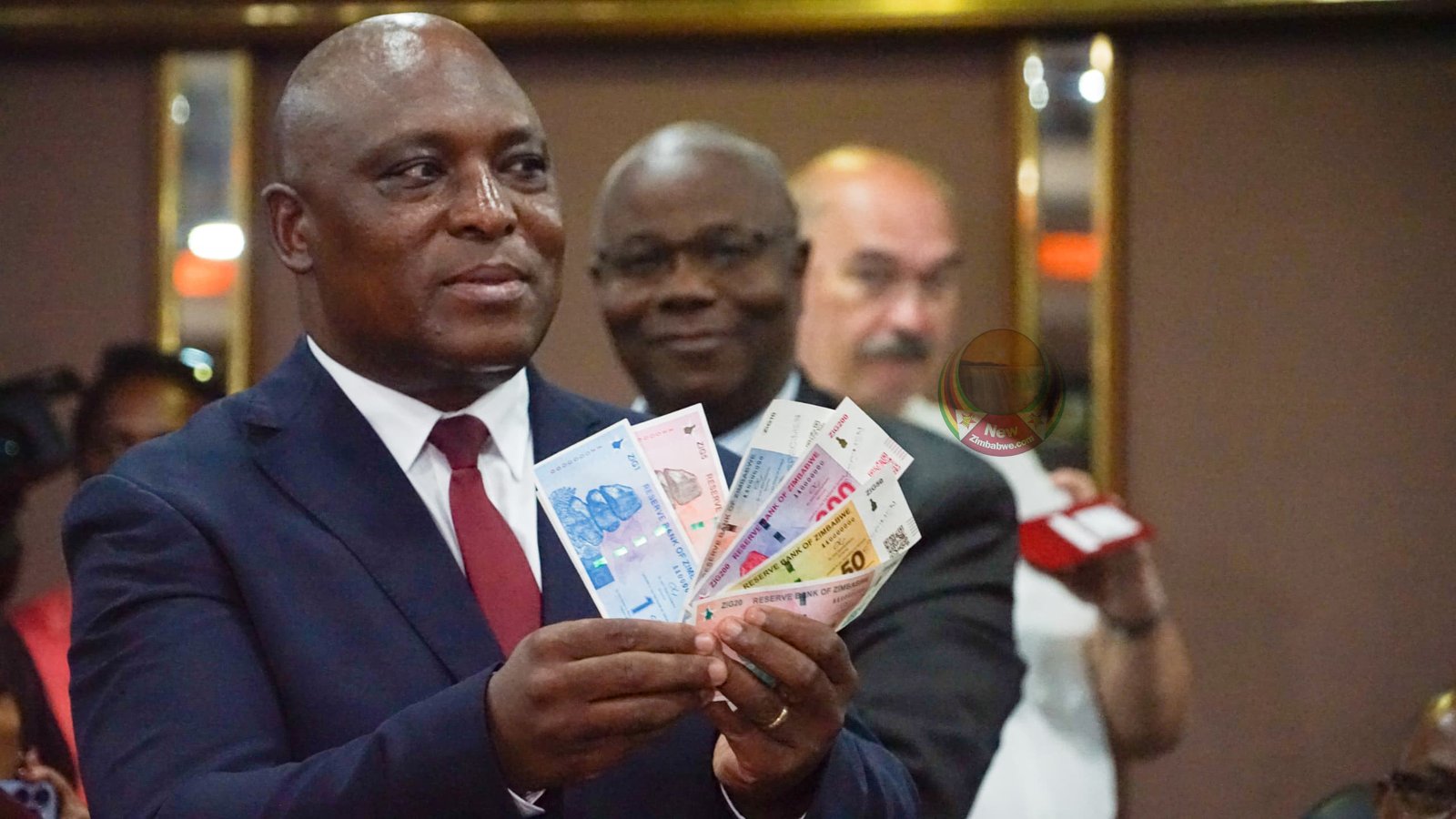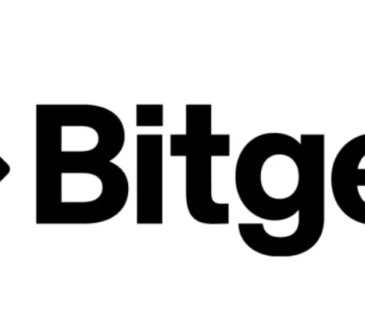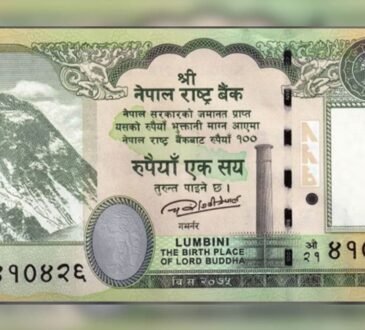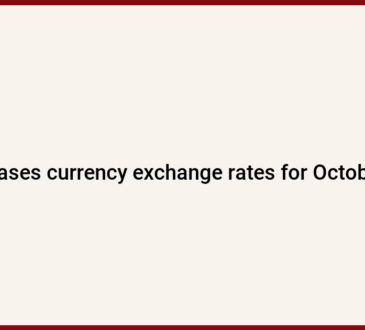When Zimbabwe’s gold-backed currency, the Zimbabwe Gold (ZiG) launched on 5 April, it was marketed as a catch-all solution to Zimbabwe’s currency woes. But the latest recalibration of the country’s monetary system brought little stability and has become the latest victim of the weak policy environment, low confidence and continued mismanagement of economic policy.
In September, the ZiG was devalued by 44% given the increased demand for dollars in the country, which is also legal tender in Zimbabwe, but one that carries much more trust. Indeed, since its launch in April, the ZiG has lost over 100% of its value at the official exchange rate. In black market circles, the value has fallen by 270%.
Here are five reasons why Zimbabwe’s ZiG currency is doomed to fail.
1. Gold price mismatch
The ZiG is said to be backed by gold, but it continues to depreciate while gold prices have increased. Since the beginning of the year, the price of gold has increased 28%, hitting just over $590 an ounce.
Moreover, the central bank holds only 2.5 tonnes of gold, and its foreign exchange reserves, valued at $370m, provide only an 11-day import cover, says Zimbabwean economist Gift Mugano.
He disagrees with the Reserve Bank of Zimbabwe (RBZ), which said in a recent statement that its cash and gold reserves currently provide more than three times the cover for the local currency in circulation. “An additional $4.5bn is needed to back the currency with six months’ cover,” he says.
Mugano further adds that currencies should be backed by production. “The authorities need to delay plans to adopt a mono-currency regime until they address structural issues that would support lasting stability in the domestic currency. The government should first build a strong, competitive economy and grow foreign exchange reserves sufficient to provide a six-month cover.”
“The central bank’s inability to leverage gold as a stabilising force for the currency raises concerns about its credibility,” says investment analyst Ranga Makwata. “As gold prices rise, the Zimbabwean gold-backed currency (ZiG) declines, increasing skepticism about its backing. The currency appears to function more like a fiat currency, dependent on trust – which is eroded by past experiences of hyperinflation.”
2. No confidence
Due to the lack of transparency in its introduction and the absence of meaningful consultation or engagement with stakeholders, the ZiG has deepened mistrust between Zimbabweans and authorities, leading many to question its legitimacy and effectiveness.
The government also failed to adequately promote the use of the ZiG for essential commodities such as fuel and passports, which are exclusively priced in USD.
Additionally, vendors, transport operators and some businesses do not accept the ZiG as payment, preferring the South African rand and USD. Threats of arrests and closures of businesses that refuse the ZiG have not helped instill public confidence in the currency.
This distrust has persisted since 2008, when hyperinflation rendered the Zimbabwean dollar virtually worthless, leading to widespread poverty and mass emigration.
As a result, Zimbabweans are more inclined to use the USD and ZAR, given their relative safety and stability. Statistics from the Reserve Bank of South Africa indicate that 70% of all transactions in Zimbabwe are conducted in USD, compared to 30% in ZiG.
3. The black market thrives
Due to the lack of trust in Zimbabwe’s latest currency, demand for US dollars has surged, increasing its value on the black market, as only 20% of business needs can be met through official channels.
According to recent statements by Reserve Bank of Zimbabwe Governor John Mushayavanhu, there is a backlog of around $100m, with some applications taking at least three months to be processed.
“[The black market] serves as a response to the official market’s failure to allocate foreign currency effectively at a market-determined rate,” says Makwata. “Unfavourable exchange rates in the official market deter potential suppliers. In contrast, the black market reflects market forces more accurately, enabling a form of currency exchange that meets demand.”
4. Printing money to support the budget
“The local currency’s decline is due to excessive money printing, an artificially fixed exchange rate and a general lack of confidence in the local market. This erosion of trust in the ZiG is driving its devaluation, independent of black market activity,” says Makwata.
This is a pattern previously seen in Zimbabwe. In 2000, the late former President Robert Mugabe’s government printed money to fund Zimbabwe’s military involvement in the DRC. According to the IMF, Zimbabwe was under-reporting its war spending by $22m per month at the time.
Development economist Prosper Chitambara says Zimbabwe has seen an increase in money supply that is not matched by a corresponding increase in reserves to support the ZiG. As the 2024/2025 agricultural season approaches, the temptation to print more money may rise to support agriculture, which has been severely affected by climate-induced droughts, says Chitambara.
5. Political instability limits investment
The government’s history of violence, including the killing of political opponents and lack of property rights, has created an environment of fear and economic instability that continues to deter international investment, placing downward pressure on the local currency.
During the 2023 elections, three opposition activists were killed in electoral violence. Currently, more than 70 opposition activists are in jail on dubious charges, for which they have been denied bail. In March, the US government imposed sanctions on President Emmerson Mnangagwa, his wife Auxillia, and nine others for corruption and human rights abuses.
In March 2024, the US Treasury said in a press statement: “Emmerson Mnangagwa is the President of Zimbabwe and is involved in corrupt activities, in particular those relating to gold and diamond smuggling networks. Mnangagwa provides a protective shield to smugglers to operate in Zimbabwe and has directed Zimbabwean officials to facilitate the sale of gold and diamonds in illicit markets, taking bribes in exchange for his services.”
The report said Mnangagwa also oversees Zimbabwe’s security services, which have violently repressed political opponents and civic society groups, and that the First Lady of Zimbabwe, Auxillia Mnangagwa, “facilitates her husband’s corrupt activities”.





